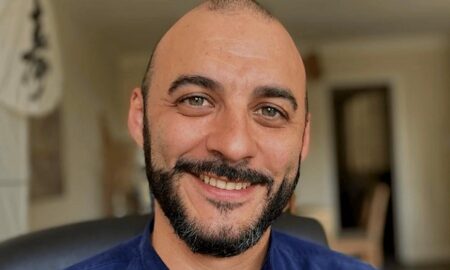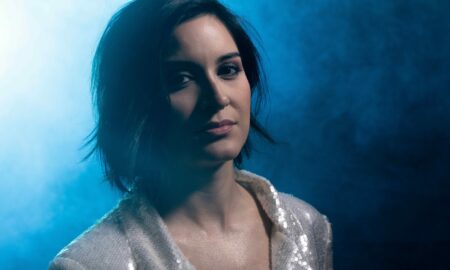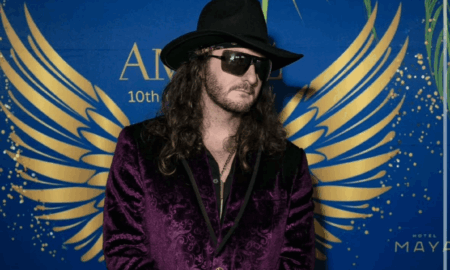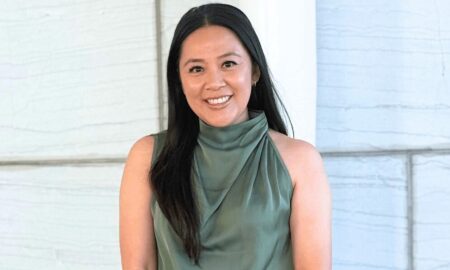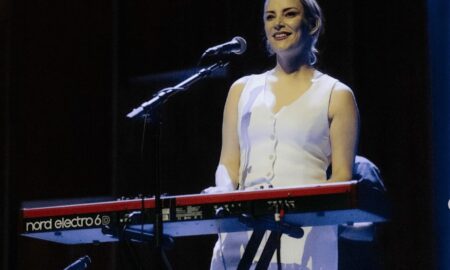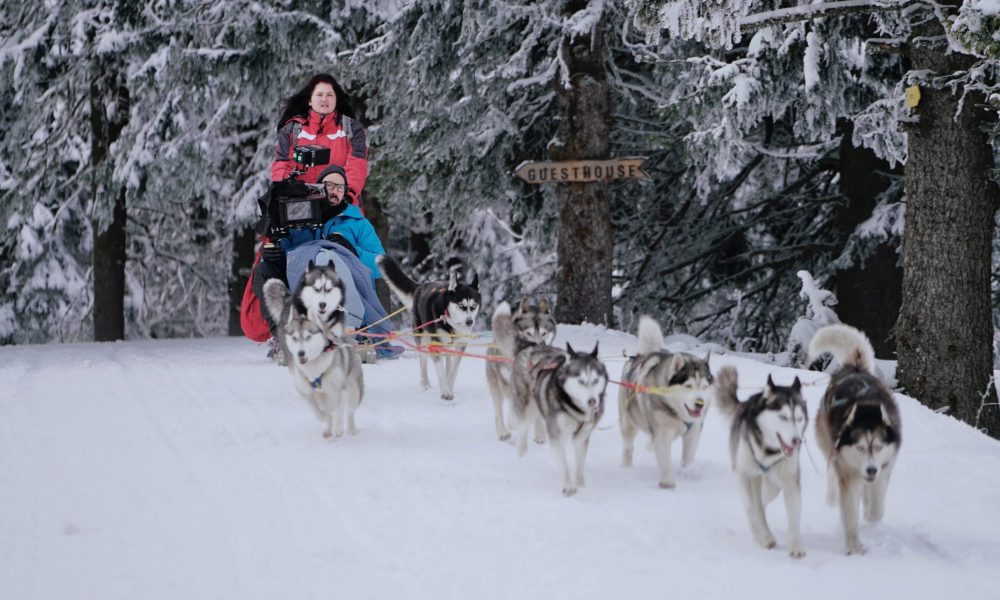

Today we’d like to introduce you to Ryan Broomberg.
Ryan, we’d love to hear your story and how you got to where you are today both personally and as an artist.
I discovered cinematography when I was a teenage skateboarder filming my friends doing tricks to get sponsored by skateboard companies. I realized pretty early on my passion for cinematography through the use of composition, lighting, and movement to create feelings and emotions.
Growing up in San Diego, I had a lot of talented skateboarder and surfer friends who recruited me to film them for their sponsors. This led me to traveling the world doing what I love and also making some money. After filming action sports, I decided to transition into the narrative world so that I can tell stories and collaborate with other filmmakers. I wanted to get proper training, so I went to film school at SDSU for undergrad and Chapman University for grad school. That is where I met some of the amazing people I still collaborate with today. Some of my mentors were my professors at Chapman including Johnny Jensen, ASC, and Bill Dill, ASC. My wife, Karen is a radiology resident in New York, so I go back and forth between New York City and Hollywood. I’m the Director of Photography on feature films, shorts, documentaries, music videos, and commercials.
We’d love to hear more about your art. What do you do and why and what do you hope others will take away from your work?
As a Cinematographer, I take a story from a script and ideas from the Director, and I turn that into a reality. The Director of Photography is the gatekeeper. They are the first ones on set to see the frame and know what the final image will look like. This was especially true when film was the only format, and there were no monitors for everyone to watch. Monitors and digital format have changed the process but from paper to screen it is still the DP’s job to make the Director’s vision of the script happen. Basically what I do is read a script and develop a sense of the look and feel. I pull references to show the Director what I’m thinking. The Directors show me their own references, and we discuss and compromise until we are both happy. Each Director has his or her own method of working, so I am constantly adapting.
The most important lesson I got from my mentor Johnny Jenson, ASC is that you have to read the script and know it really well. Be familiar with the locations and know how you want the scene to look and feel. Trust yourself and your experience. Cinematography is an art, so if you feel like it should look a certain way go with your instinct. That advice has given me the confidence to shoot anything. I have shot projects in other countries with multiple camera teams and crews that are not fluent in English, but because I was prepared, I was confident the projects would be a success.
Each film and story has a message or subtext. Ask yourself, “What is the film about?” I do not mean what happens in the movie; but what is it really about. My job is to use lighting, composition, color, and movement to help the viewer transport into the narrative.
During my free time, I shoot 35mm film and digital photography to experiment with composition, lighting and different film stocks. Even though still photography is more of a hobby, the skills and experience translate to Cinematography. In fact, I have a film in pre-production now that will be shooting in NYC, and some of the references come from my street photography.
In between projects, it is good practice to be constantly analyzing your surroundings as they are naturally and finding cinematic moments. This keeps me engaged in viewing how the world looks and how to best capture that on film. I can use this understanding and daily practice on future projects. I also try to take photos as much as possible while traveling. It is often I’m asked to shoot films that take place in another country, but because of budget and logistical reasons, we shoot in the US. Knowing how these places photograph and experiencing the place yourself is important. Experiencing the culture of different places can help you decide how you’re going to capture it on film.
Have things improved for artists? What should cities do to empower artists?
Artists today have many platforms and options to show their work. You can post a photo or video on sites like Vimeo or Instagram and literally anyone in the world can see it. That can be as much of a good thing as it is a problem. Although you can see talented artists from around the world you also get tons of artists you may not want to see. Trying to navigate the web and find the work you like can be challenging but when you do find what you are looking for, you can reach out to the artist and potentially collaborate. I’m a big fan of social media and use it as a platform to display my work.
The decrease in camera equipment price and size with the increase in quality and dynamic range has greatly changed the film industry. Almost anyone can get their hands on a camera like a DSLR and make a professional looking film. Sure, there are limitations with using a DSLR on a movie set, but if you don’t have a big budget, you still have a lot of options. This gives people like writers who normally wouldn’t shoot, an opportunity to experiment with their own stories and scripts. I think it also gives people who do not have a budget a chance to make a good indie film. It has made film more accessible whereas before you had to be a part of a major production company to make a movie professional quality film.
LA and NYC have great film festivals and events for artists to show their work. Unfortunately, a lot of the film festivals require an entry fee to submit work, but that goes to paying for the festival. It would be great if there were more free screenings to exhibit work.
Do you have any events or exhibitions coming up? Where would one go to see more of your work? How can people support you and your artwork?
I have some movies on Lifetime and SyFy but my work is organized on my website www.Ryanbroomberg.com and Instagram @Ryanbroombergdp. It is a collection of narrative work, commercials, music videos, documentaries, and photography. People can support me by adding me on Instagram and reaching out. I’m always looking to collaborate with filmmakers, photographers, and artists.
Contact Info:
- Address: 6010 Romaine st, Apt 101, Los Angeles 90038
- Website: www.Ryanbroomberg.com
- Phone: 858-945-1210
- Email: [email protected]
- Instagram: https://www.instagram.com/ryanbroombergdp/
- Facebook: https://www.facebook.com/ryan.broomberg







 Image Credit:
Image Credit:
Ryan Broomberg
Nathanael Lentz
Getting in touch: VoyageLA is built on recommendations from the community; it’s how we uncover hidden gems, so if you know someone who deserves recognition please let us know here.














